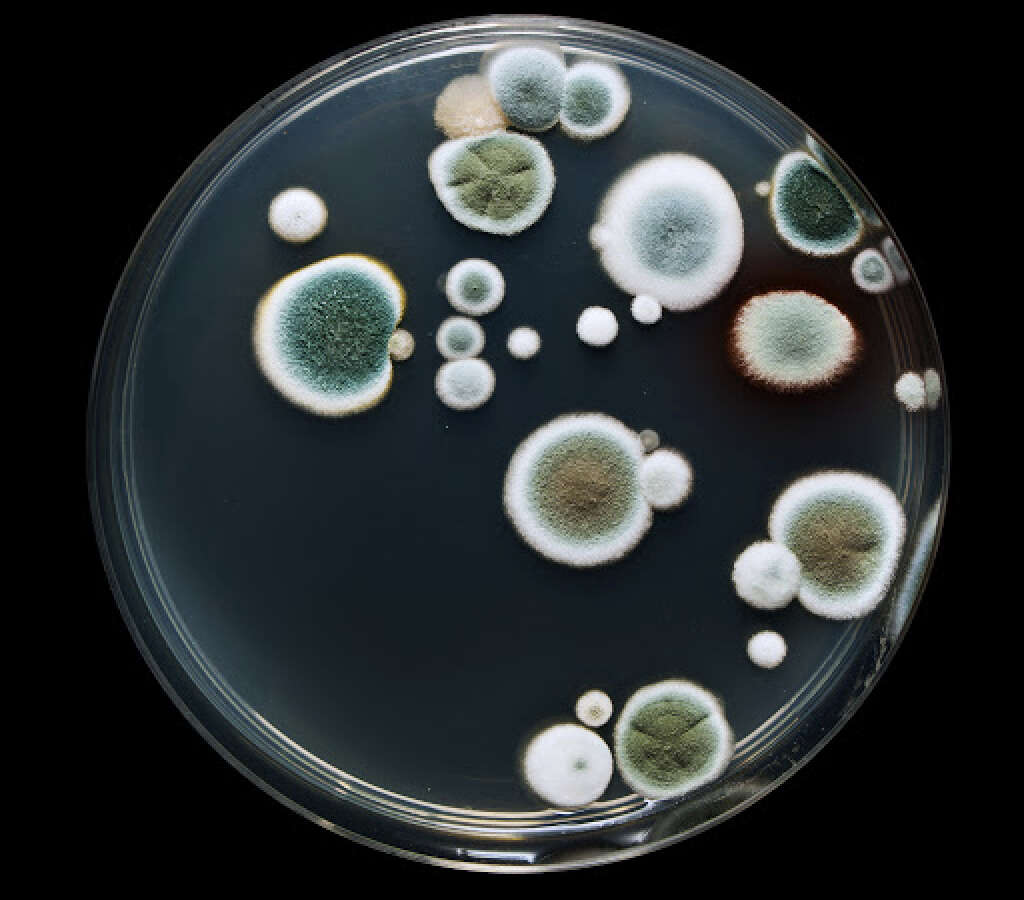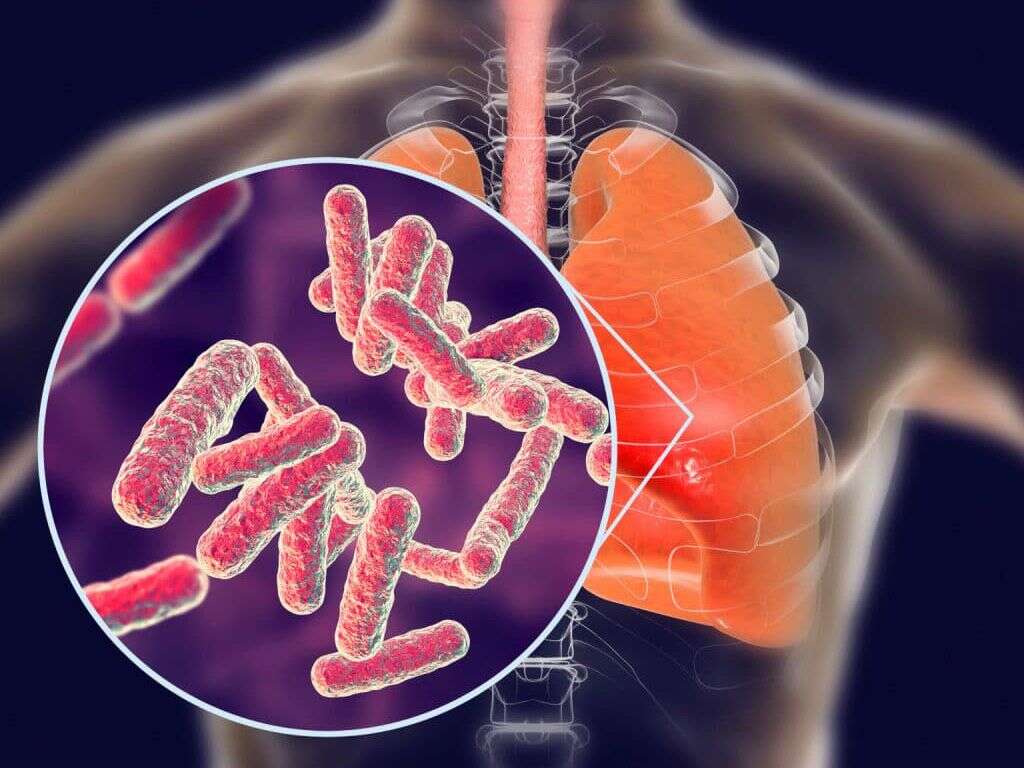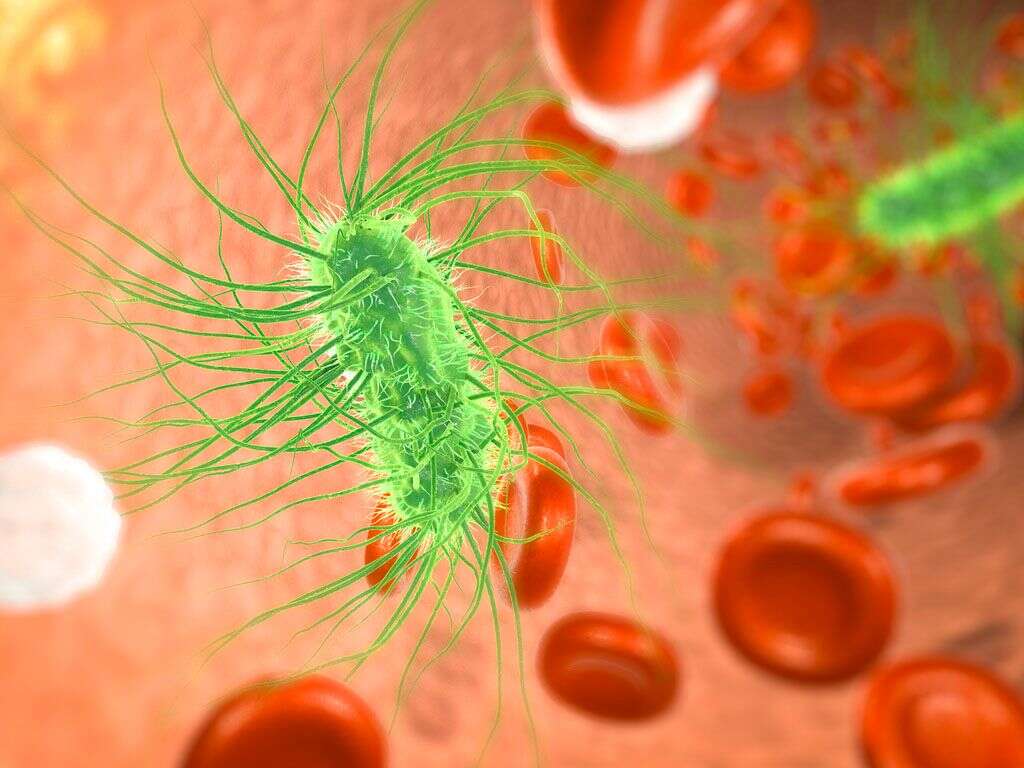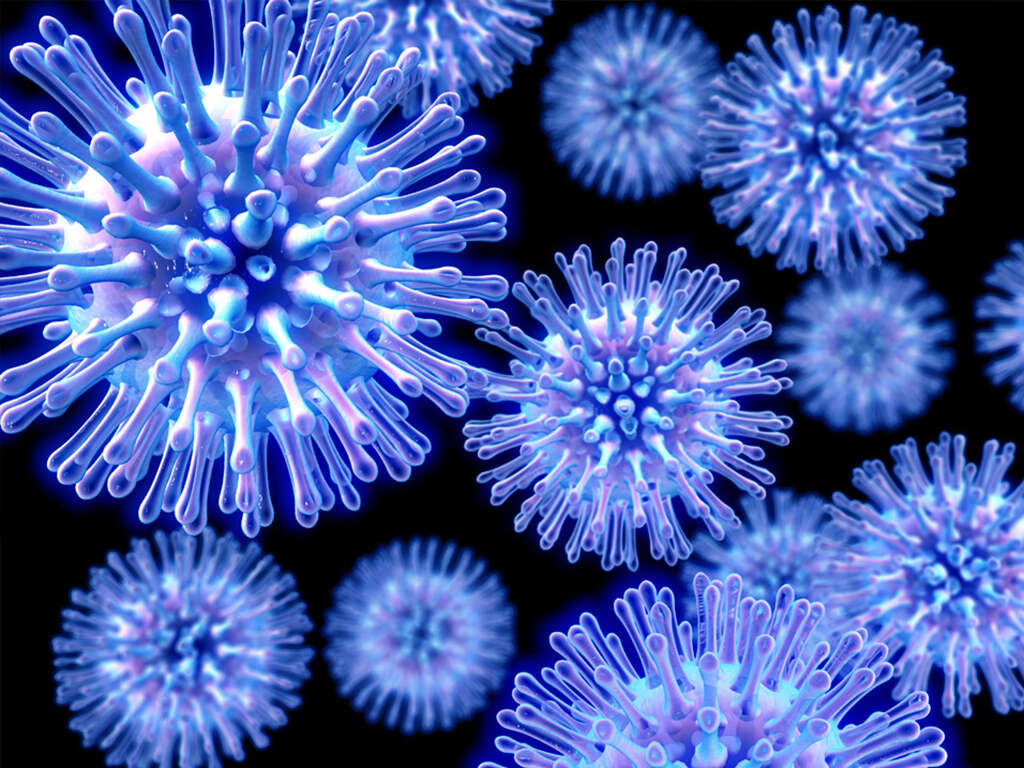What Is a Pathogen?
4. Types of Pathogens - Fungi
Fungi are eukaryotic organisms (organisms with a nucleus enclosed in membranes) such as molds and yeast. There are about 300 pathogenic fungi that can cause disease in humans. For example, the Candida species causes infection in those with a weakened immune system.
Aspergillus fumigatus and Aspergillus flavus are fungi that produce aflatoxins (which is both a carcinogen and toxin) and can contaminate foods such as nuts. Cryptococcus neoformans is a type of fungi that can cause meningitis or meningoencephalitis, especially among those with a HIV infection. Histoplasma capsulatum is most prevalent in India, southeastern Asia, and the Americas. It can cause histoplasmosis in humans, cats, and dogs through inhalation of contaminated air.
Advertisement




-06.jpg)







